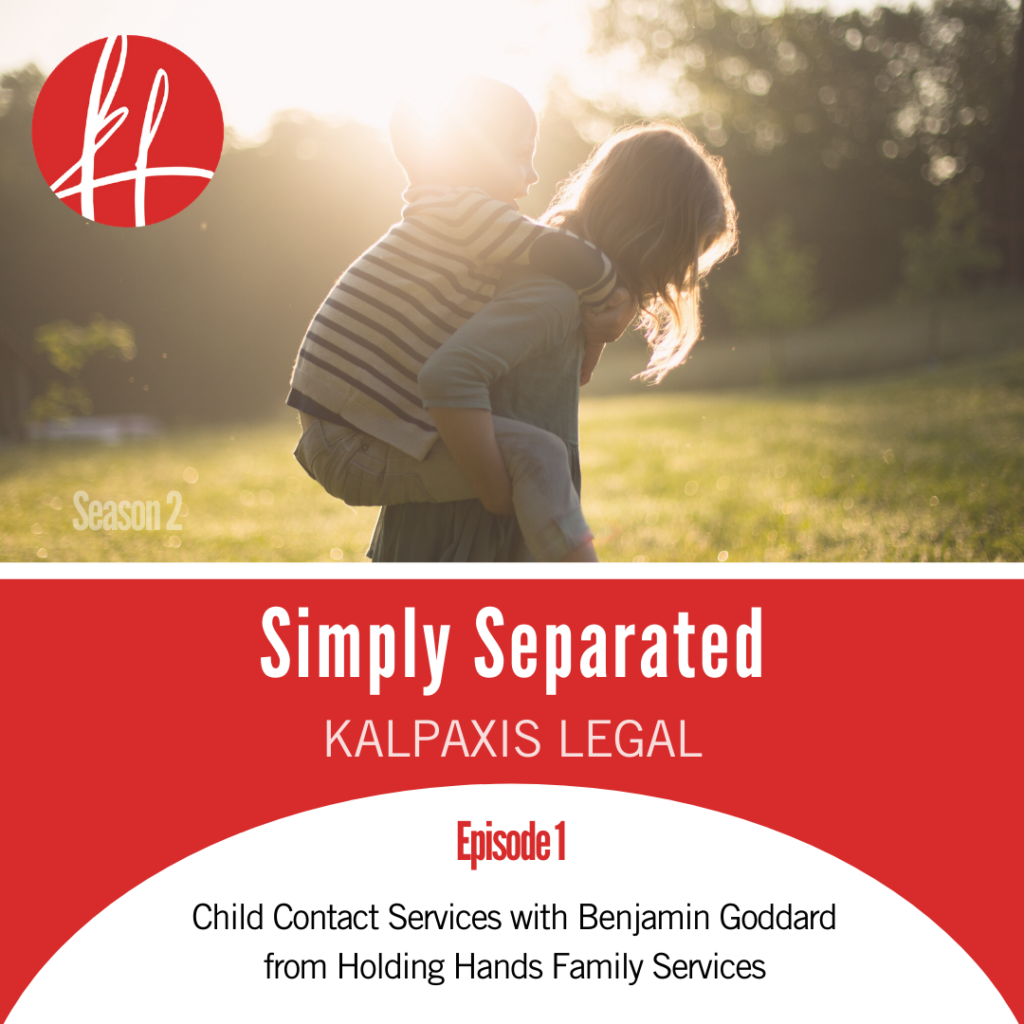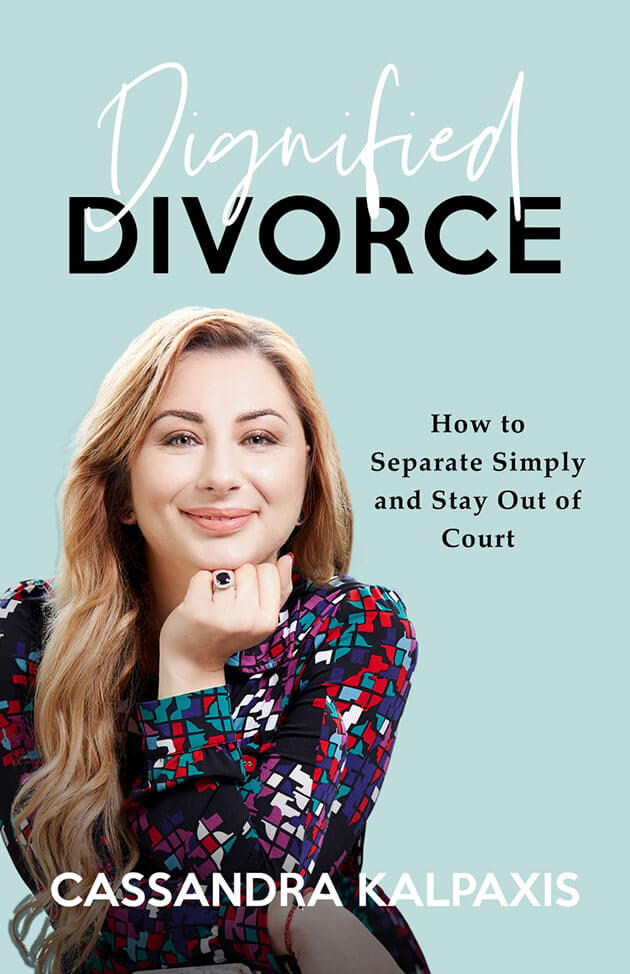
Kalpaxis Legal is a boutique Collaborative Family, Divorce & Surrogacy Law firm in Parramatta also practicing in Wills and Estates.
In Family Law property proceedings you will more than likely make a proposed settlement offer in an effort to resolve the matter or to avoid significant legal costs. An offer of settlement can be made at any time if Court proceedings are already on foot or you can file a document called an Application for Consent Orders. In both of these circumstances, the Court will consider whether your proposed settlement is just and equitable.
What does “just and equitable” mean in family law?
Under section 79(2) of the Family Law Act, the Court’s power to make orders regarding property is limited to circumstances where such an order is just and equitable.
As such, the Court will not make an order of a proposed settlement unless it is considered by the Court to be just and equitable.
To be just and equitable is the main focus of any Court, and the Court will first consider whether the proposed settlement is legally correct and then the Court will consider whether it is just and equitable.
How does the Court make orders in relation to property matters?
The Court has the power make orders in accordance with section 79(4) of the Family Law Act to divide matrimonial property between parties to a marriage.
Section 90SM(4) contains equivalent provisions for parties to the breakdown of a de-facto relationship.
In the case of Russell & Russell (1999) FamCA 1875 and JEL v DDF (2000) FamCA 1353, the Court was clarified that when the Court is determining an order, it will not only consider whether the underlying percentage distribution of assets is just and equitable, but it will also consider whether the actual order itself is just and equitable in the circumstances.
The court has adopted a four-step approach to resolve property disputes:
(1) Identify and value the assets, liabilities, and resources of the parties;
(2) Consider the contributions that the parties made throughout the relationship
(3) Consider the future needs of each party; and
(4) Determine whether the proposed settlement is just and equitable.
The principle of ‘just and equitable’ was strengthened by Australia’s landmark High Court case of Stanford & Stanford (2012) HCA 52 and the Court highlighted that the Court must first consider whether it is just and equitable to make an order before considering other matters under section 79(4) of the Family Law Act.
So, what does the Court take into consideration?
The Court will take into consideration whether the parties have made full and frank financial disclosure.
If the Court finds that a party has not made full and frank disclosure or is likely to be hiding assets, the Court might do one of the following:
(1) A costs order might be made against you;
(2) Part of the proceedings might be stayed or dismissed;
(3) Setting aside a final order;
(4) Issue a fine; or
(5) Imprison you.
We always recommend to collate financial disclosure early and before proceedings are commenced to avoid delays and unnecessary legal costs.
In Stanford & Stanford, the High Court emphasised that in addition to considering whether an order is just and equitable, it is important to apply the Family Law Act.
When reviewing a proposed settlement, lawyers and the Courts are required to look at Section 79, 79(4) and s75(2) of the Family Law Act which takes into consideration:
(1) Assessing the parties contributions to the property;
(2) Assessing the parties contributions to the welfare of the family; and
(3) Assessing the parties present and future economic circumstances.
(4) The health and future income earning capacity of the parties.
If you are just starting to consider a property settlement and would like more information about the numerous separation pathways that we offer at Kalpaxis Legal, be sure to contact us to organise a time to meet with the Family.

Written by Collaborative, Family Lawyer, Heela.








